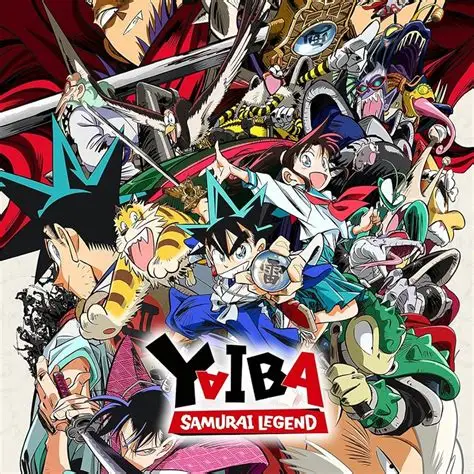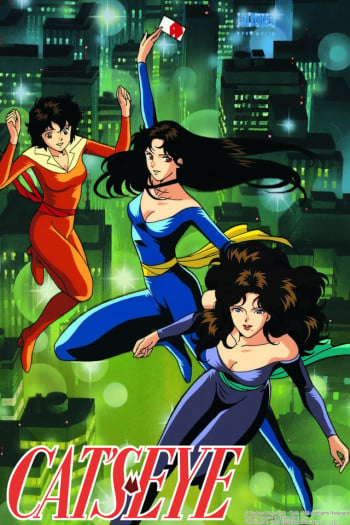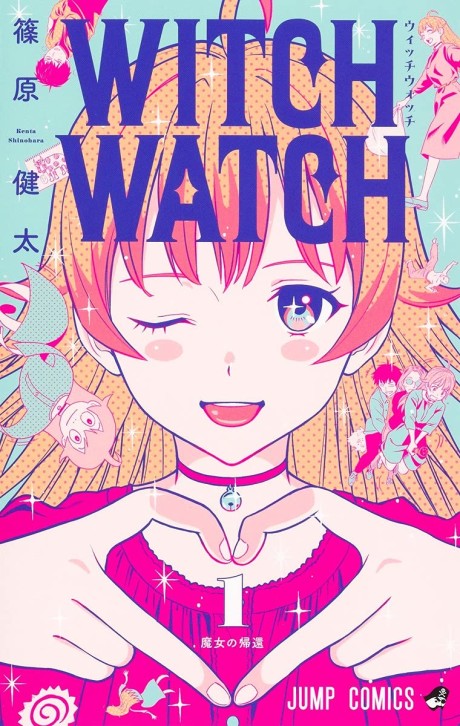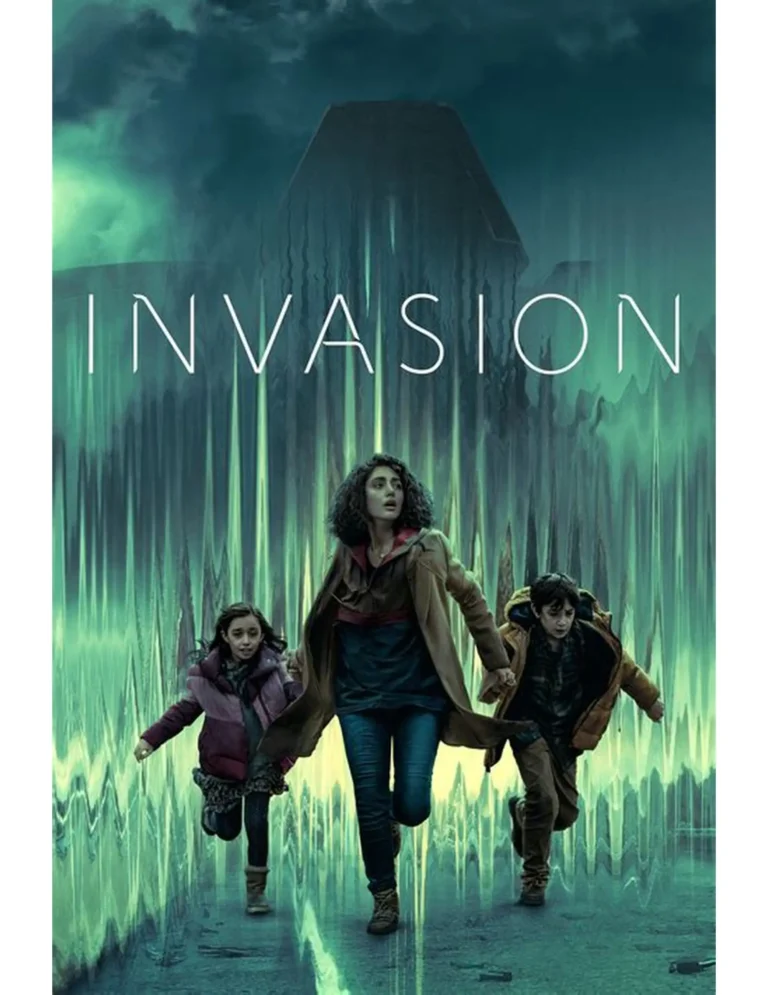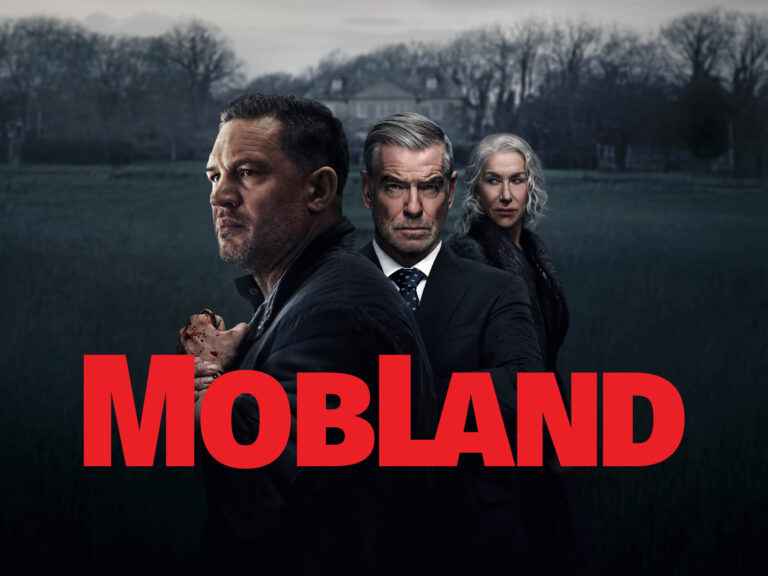Spirited Away (2001) is one the most anticipated international animated films of the year, blending supernatural fantasy, coming‑of‑age, adventure, and fairy‑tale elements. Directed and written by Hayao Miyazaki, and starring Rumi Hiiragi and Miyu Irino, this Japanese‑language film premiered on July 20, 2001 in Japan and released internationally in 2002.
Movie Overview

Spirited Away (original title Sen to Chihiro no Kamikakushi) tells the story of 10‑year‑old Chihiro Ogino who, while relocating with her parents, stumbles into a mysterious spirit world. When her parents are transformed into pigs after overeating at an abandoned amusement‑park‑like setting, Chihiro must navigate a supernatural bathhouse run by the witch Yubaba to free them and return home. Along the way she meets Haku, a boy who can turn into a dragon, and a host of spirits such as No‑Face and the soot sprites. As Chihiro works in the bathhouse under the name “Sen”, she grows in courage, identity, and empathy, confronting themes of greed, identity, and environmental stewardship.
Attribute Details
| Title | Spirited Away (Sen to Chihiro no Kamikakushi) |
|---|---|
| Genre | Animated, Fantasy, Adventure, Supernatural, Coming‑of‑Age |
| Language | Japanese (original), English (dubbed) |
| Release Date | July 20 2001 (Japan), 2002 (International – Disney English dub) |
| Director | Hayao Miyazaki |
| Writer | Hayao Miyazaki |
Plot Summary & Themes
The film opens as Chihiro and her parents drive toward their new home and discover a seemingly abandoned theme park. Ignoring her protests, her parents begin to eat at a food stall and are transformed into pigs. Left alone, Chihiro wanders to the bathhouse run by the witch Yubaba, where humans cannot survive unless they relinquish their names. Chihiro signs a contract and becomes “Sen”, enslaved in service to spirits. With help from Kamaji (a six‑armed boiler spirit), Lin (house staff), and Haku, Chihiro begins a journey of trials.
Key themes include:
- Identity & Naming: Chihiro’s name is stolen; she must reclaim her identity to return home.
- Greed vs. Selflessness: The bathhouse and characters like No‑Face symbolize consumption and greed.
- Transition & Growth: Chihiro matures from anxious child to self‑reliant heroine.
- Cultural preservation: The film critiques modern Japan’s detachment from Shintō roots and nature :contentReference[oaicite:1]{index=1}.
Production & Release
Written and directed by Hayao Miyazaki, production began in 2000 on an estimated budget of around ¥1.9 billion (roughly US $19 million) :contentReference[oaicite:2]{index=2}. Studio Ghibli animators blended lush hand‑drawn frames with selective computer‑assisted visuals, especially in scenes like the ocean train journey and the swelling river spirit sequence :contentReference[oaicite:3]{index=3}.
The film premiered in Japan on July 20 2001 and became the highest‑grossing film in Japanese history until overtaken in 2020 by *Demon Slayer: Mugen Train*, selling over 21.4 million tickets and earning over ¥30.4 billion domestically (about US $230 million in Japan, US $396 million global gross) :contentReference[oaicite:4]{index=4}.
Its international release in 2002 was distributed by Disney (North America, Hong Kong, Taiwan, France, Singapore). Pixar’s John Lasseter supervised the English‑language dub, seeking a respectful adaptation. It was dubbed under the direction of Kirk Wise and produced by Donald W. Ernst :contentReference[oaicite:5]{index=5}.
Cast & Characters
The original Japanese voice cast includes:
- Rumi Hiiragi as Chihiro Ogino (Sen)
- Miyu Irino as Haku (the Dragon Boy)
- Mari Natsuki as Yubaba / Zeniba
- Bunta Sugawara as Kamaji
- Yumi Tamai as Rin (Lin)
- Tsunehiko Kamijō as No‑Face (voice)
- Ryunosuke Kamiki as Boh (baby)
The English dub features Daveigh Chase as Chihiro and Jason Marsden as Haku, with Suzanne Pleshette voicing Yubaba and Tara Strong as Boh :contentReference[oaicite:6]{index=6}.
Reception & Legacy
Critically acclaimed, *Spirited Away* holds approximately 97% on Rotten Tomatoes and a 96/100 on Metacritic, signaling universal praise :contentReference[oaicite:7]{index=7}. Roger Ebert awarded it four out of four stars and later listed it among his “Great Movies” :contentReference[oaicite:8]{index=8}.
It has won numerous awards, including:
- Academy Award for Best Animated Feature (75th Oscars, 2003) – the first non‑English, hand‑drawn animated film to win :contentReference[oaicite:9]{index=9}.
- Golden Bear (Berlin International Film Festival, 2002, tied) :contentReference[oaicite:10]{index=10}.
- Japan Academy Prize – Picture of the Year and Animation of the Year (2002) :contentReference[oaicite:11]{index=11}.
- Numerous other international awards (Annie, Critics’ Choice, Saturn Awards, etc.) in 2002–2003 :contentReference[oaicite:12]{index=12}.
Scholarly and critical commentary often emphasizes the film’s contribution to elevating Japanese animation to global prominence. It demonstrated that deeply culturally rooted stories can resonate universally—a turning point for anime’s acceptance in Western markets :contentReference[oaicite:13]{index=13}.
Visuals & Music
The animation style in *Spirited Away* blends meticulously detailed hand‑drawing with subtle CG enhancements. The bathhouse, spirits, soot sprites, and environments are richly colored and stylistically grounded in traditional Japanese art complemented by European influences. Critics praised the film as “visual spectacle” with “grand emotion stacked spectacle on spectacle” :contentReference[oaicite:14]{index=14}.
The score is by Joe Hisaishi, whose music heightens both emotional resonance and magical realism. The end credits feature the song “Always with Me” (its Japanese version retained for all versions) :contentReference[oaicite:15]{index=15}.
Cultural Impact & Interpretation
Many analysts interpret *Spirited Away* as a critique of consumerism and environmental neglect. Characters like No‑Face embody unchecked greed, while the polluted river god scene is symbolic of nature corrupted by human waste and disregard. Miyazaki infused the film with Shintō symbolism and warnings about societal loss of spiritual connection :contentReference[oaicite:16]{index=16}.
Reddit discussions and fan commentary highlight how the film offers an “emotional revolution”—one user declaring *Spirited Away* “an emotional revolution… it catapults you into an otherworldly experience” :contentReference[oaicite:17]{index=17}.
Why It Endures
Decades after its release, *Spirited Away* remains one of Studio Ghibli’s most popular and iconic works. In recent rankings, it takes the #1 or #2 spot among Ghibli films for its narrative ambition and emotional depth :contentReference[oaicite:18]{index=18}. Its themes of growth, courage, and environmental awareness continue to resonate with audiences worldwide.
Its legacy includes inspiring filmmakers, animators, and storytellers to pursue culturally authentic and imaginative works. It also helped pave the way for future Japanese-language films—such as *The Boy and the Heron* (2023)—to achieve global acclaim :contentReference[oaicite:19]{index=19}.
Conclusion
Spirited Away (2001) remains an enduring masterpiece of animation—visually astounding, emotionally profound, and thematically rich. Directed and written by Hayao Miyazaki, it elevated Japanese storytelling on the world stage, earning major awards and changing perceptions about animated cinema. Its universal themes of identity, greed, and environmental stewardship, combined with unforgettable characters like Chihiro, Haku, Yubaba, and No‑Face, continue to captivate viewers of all ages. Decades on, it stands as a timeless fairy tale and a defining milestone in the art of animation.
